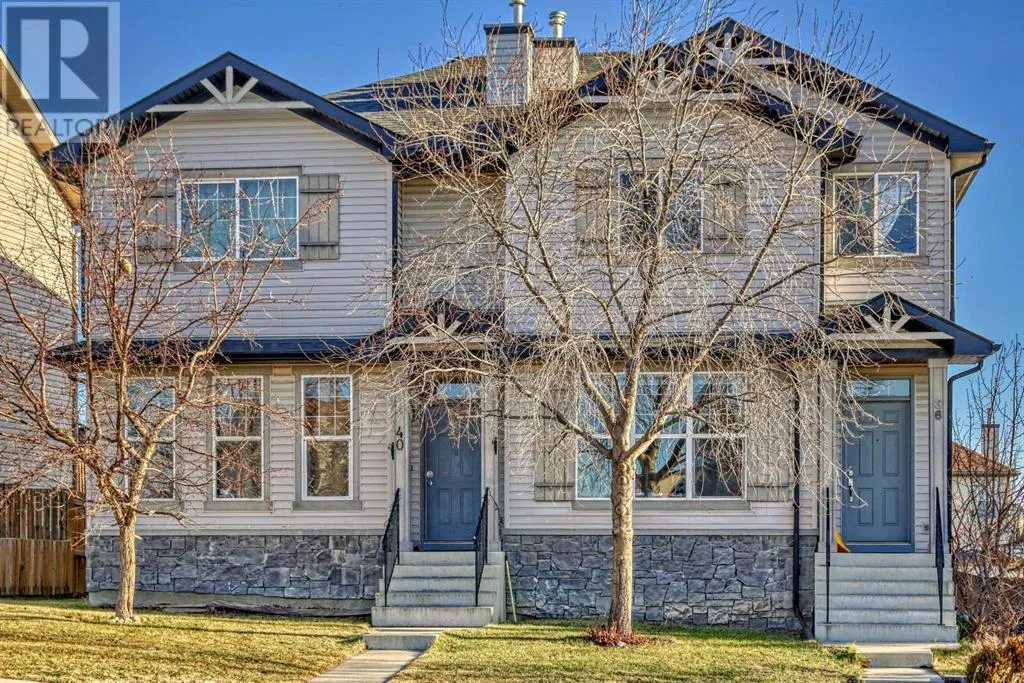
$465,000
- 2 floors
Great location. Introducing this attractive semi-detached home in Coventry Hills. The open floor …

$465,000
Great location. Introducing this attractive semi-detached home in Coventry Hills. The open floor …
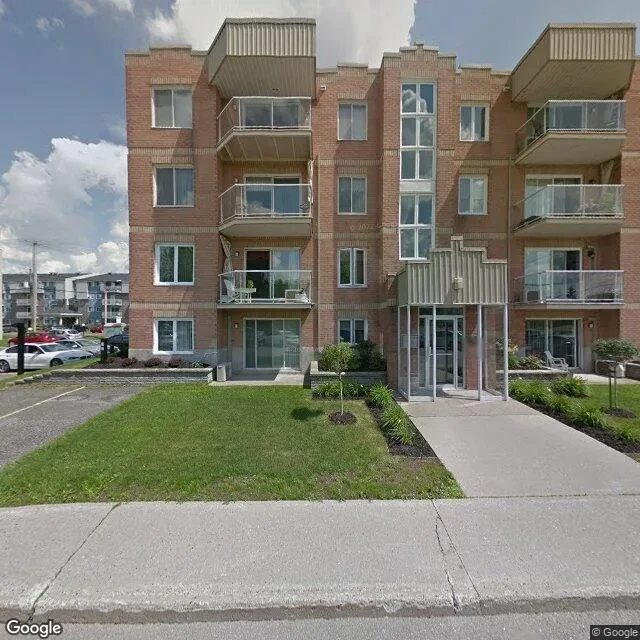
$220,000
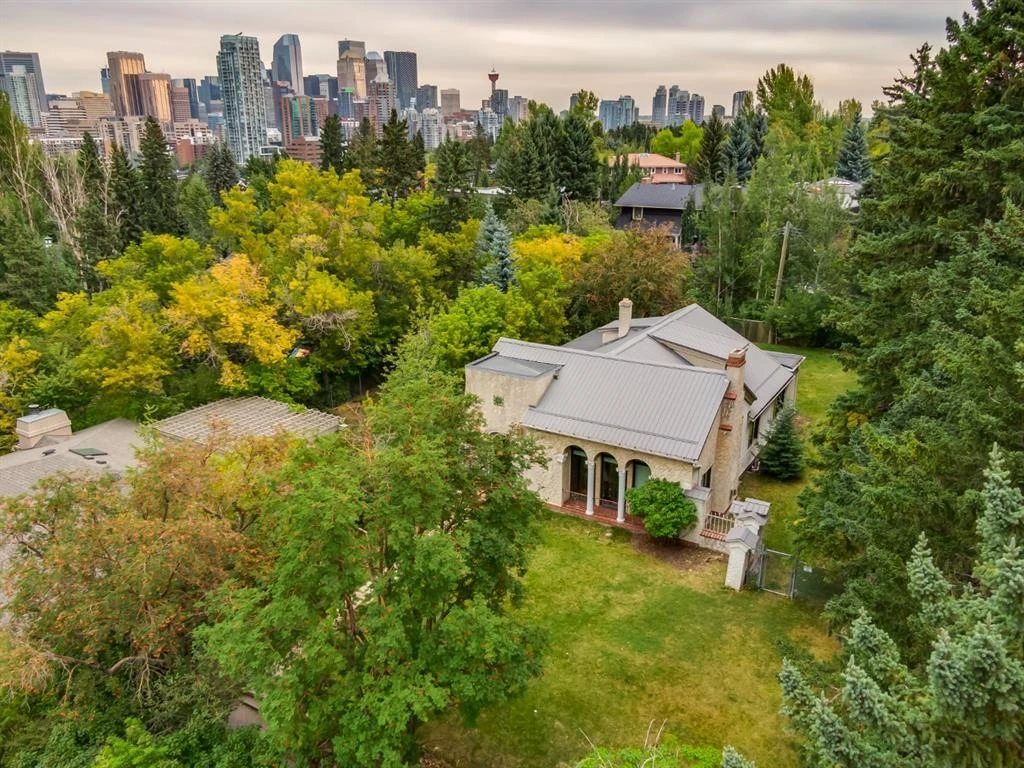
$2,175,000
Presenting a unique and exceptional opportunity to own a prime lot in the prestigious Upper Mount …
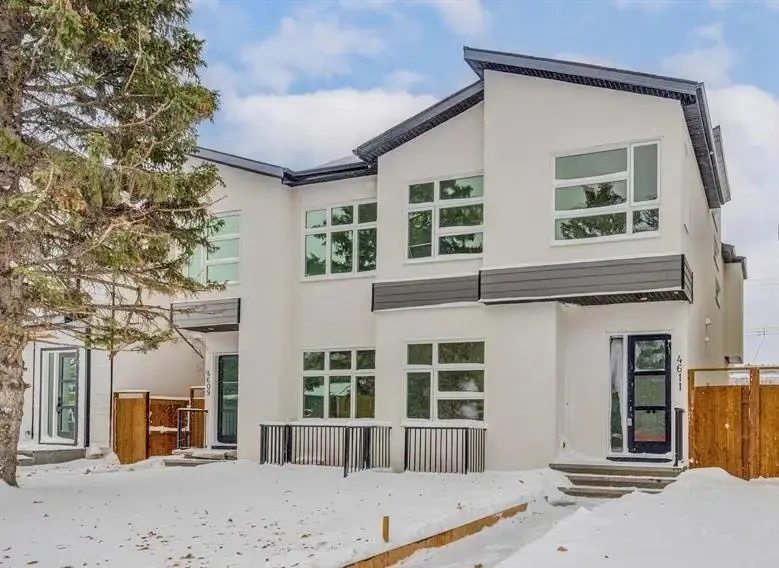
$889,000
This stunning single-family home. located at 4616 19th Avenue NW. Calgary. AB (Postal Code: T3B …
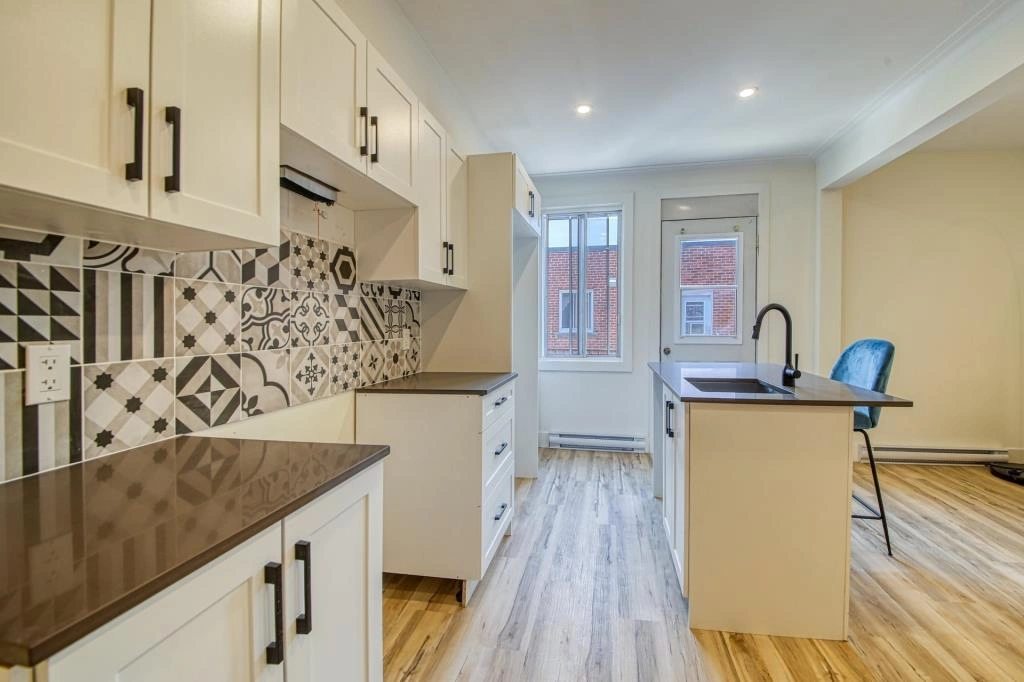
$1,000
Good morning. Apartment: 2 Bedroom(s) - 1 Bathroom(s) - 1000 SF * THE UNIT INCLUDES: Heating. Hot …
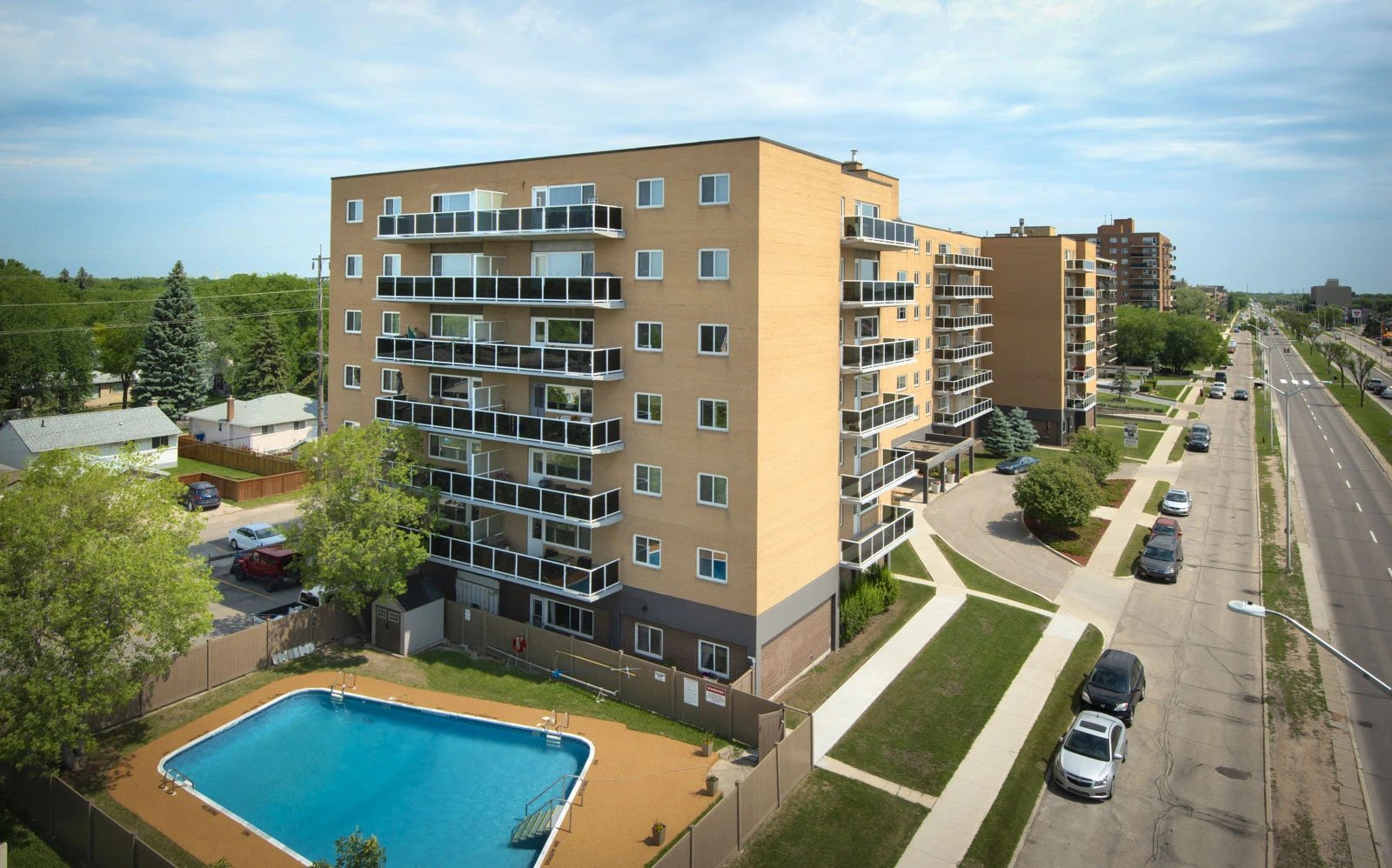
$750
Here are the prices for the rental and purchase of real estate in Canada (in Canadian dollars):
The largest city in Canada, the center of financial and cultural events, with a rich cultural scene, many museums and restaurants.
Located on the west coast of Canada, Vancouver offers unsurpassed views of mountains and ocean, as well as excellent opportunities for travel and active lifestyle.
The largest French -speaking city in Canada, known for its cultural scene, historical buildings and a rich culinary tradition.
The Center for the Canadian Oil and Gas Industry, Kalgary also offers excellent opportunities for an active lifestyle, including winter sports and walking around the mountains.
The capital of Canada, located on the east coast of the country, Ottawa is a home for many cultural events, parks and museums, and is also a place of work of federal government organizations.
The largest city in the province of Albert, known for its parks and green zones, as well as the center of culture and education.
A large city in the central part of Canada, with beautiful parks and lakes, as well as the center of economics and education.
One of the oldest cities in North America, with its unique cultural and linguistic heritage, beautiful historical buildings and amazing nature around.
The capital of the Province of New Scotland, located on the east coast of Canada, with a rich history and cultural heritage, as well as beautiful beaches and opportunities for outdoor activities.
A beautiful city on the island of Vancouver, with an amazing sea climate and many green areas for relaxation.
Real estate prices in these cities can vary significantly depending on the area, such as housing and other factors.
Here are some general steps to follow if you want to buy property in Canada:
It is important to note that the process of buying property in Canada may vary depending on the province or territory in which you are buying, so it is recommended that you do additional research or seek the advice of a legal professional or real estate agent.
The specific documents required to buy property in Canada may vary depending on the province or territory in which the property is located, and the type of property being purchased. However, here are some of the general documents that are typically required:
It is recommended that you consult with a legal professional or real estate agent to ensure that you have all the necessary documents required for buying property in Canada.
When buying property in Canada, there are several taxes that may need to be paid. The specific taxes and their rates may vary depending on the province or territory in which the property is located. Here are some of the most common taxes that are associated with buying property in Canada:
Property Transfer Tax: This tax is payable by the purchaser and is calculated based on the purchase price of the property. The rate of this tax varies by province or territory, but it is typically a percentage of the purchase price.
Goods and Services Tax (GST) or Harmonized Sales Tax (HST): These taxes may be applicable to the purchase of new or substantially renovated homes, and are calculated as a percentage of the purchase price. In some cases, the GST or HST may be rebated or reduced, depending on the circumstances.
Land Transfer Fees: Some provinces or territories may charge a fee for transferring the title of the property from the seller to the buyer.
Property Tax: Once you own the property, you will be responsible for paying property taxes, which vary by municipality or city.
It is important to note that the tax laws related to buying property in Canada can be complex, and the rates and exemptions may vary depending on your specific situation. It is recommended that you seek the advice of a legal professional or real estate agent to understand the tax implications of buying property in Canada.
Choosing a suitable neighborhood for housing in Canada can be a subjective process, and the factors that are important to you may differ from others. However, here are some general tips that may help you choose a neighborhood that meets your needs:
Define your priorities: Make a list of the features that are important to you, such as proximity to schools, public transit, shopping, parks, or other amenities.
Research neighborhoods: Look at maps and real estate listings to get a sense of the neighborhoods that are available in your desired area. Consider factors such as housing prices, crime rates, and local demographics.
Visit neighborhoods: Spend time walking or driving around the neighborhoods that interest you to get a better sense of their character and amenities.
Talk to locals: Ask people who live in the neighborhoods about their experiences and opinions. Local real estate agents can also provide valuable insights.
Consider transportation: Consider the proximity of the neighborhood to public transit, major highways, and other transportation options.
Check local schools: If you have children, research the quality of local schools and their proximity to the neighborhood.
Safety and crime rates: Check local crime statistics to ensure that you feel safe in the neighborhood.
Lifestyle fit: Consider whether the neighborhood's lifestyle and character align with your own, such as its pace of life, nightlife, and community activities.
Ultimately, the key to choosing a suitable neighborhood for housing in Canada is to do your research, visit the neighborhoods, and choose the one that best meets your needs and lifestyle.
There are various types of properties available in Canada for both sale and rent. Some of the most common types of properties include:
Single-Family Homes: These are standalone homes designed to house a single family and are often found in suburban areas. They can come in a variety of sizes and styles, from small bungalows to large mansions.
Townhouses: These are attached homes that share a wall with one or more neighboring homes. Townhouses are typically multilevel and may have a small yard or patio.
Condominiums: Also known as "condos", these are privately owned apartments or units within a building or complex. Condominiums often have shared amenities such as gyms, pools, or outdoor spaces.
Duplexes and Triplexes: These are typically single-family homes that have been divided into multiple units, each with their own separate entrance.
Co-operative Housing: In co-operative housing, residents own a share of the building or property and work together to manage and maintain it.
Mobile Homes: These are typically factory-built homes that are transported to a permanent location and may be situated in mobile home parks or on private land.
Vacation Homes: These are properties that are intended for seasonal or occasional use and may be located in resort areas, near lakes or beaches, or in rural areas.
The type of property you choose will depend on your lifestyle, budget, and individual needs. It is recommended that you consult with a real estate agent to help you identify the type of property that best suits your needs.
The cost of real estate in Canada is influenced by a variety of factors. Here are some of the key factors that can affect the cost of real estate in Canada:
Location: One of the most significant factors influencing the cost of real estate is location. Properties located in desirable areas such as downtown cores, waterfronts, or affluent neighborhoods typically command higher prices.
Market Demand: The level of demand for real estate in a particular area can also impact its cost. When demand is high, prices tend to rise, whereas a lack of demand can lead to lower prices.
Interest Rates: The cost of borrowing money through a mortgage can impact the affordability of real estate. When interest rates are low, it can be easier for buyers to afford higher-priced properties, which can lead to increased demand and prices.
Economic Conditions: The overall health of the economy can impact the real estate market. Strong economic conditions, such as low unemployment rates and high levels of consumer confidence, can lead to increased demand and prices.
Construction Costs: The cost of building new homes or renovating existing properties can impact the overall supply of housing and ultimately impact prices.
Housing Inventory: The availability of housing can also impact prices. When there is a shortage of housing inventory, prices can increase due to increased competition among buyers.
Government Policies: Government policies, such as tax incentives or regulatory changes, can also impact the cost of real estate.
These factors can work together to create a complex and dynamic real estate market in Canada. It is important to work with a knowledgeable real estate agent who can help you navigate these factors and find a property that meets your needs and budget.
To obtain a mortgage to buy property in Canada, you can follow these general steps:
Check Your Credit Score: Your credit score will be a key factor in determining whether you can qualify for a mortgage and what interest rate you can secure. You can obtain a free copy of your credit report from credit bureaus like Equifax or TransUnion.
Save for a Down Payment: Most lenders in Canada require a minimum down payment of 5% of the purchase price of the property. However, if your down payment is less than 20%, you may be required to pay for mortgage insurance through the Canada Mortgage and Housing Corporation (CMHC) or other providers.
Get Pre-Approved for a Mortgage: Before you start house hunting, it's a good idea to get pre-approved for a mortgage. This involves providing your lender with your financial information and credit score so they can determine how much money they are willing to lend you and at what interest rate.
Choose a Mortgage Type: There are several types of mortgages available in Canada, including fixed-rate, variable-rate, and hybrid mortgages. It's important to understand the pros and cons of each type of mortgage and select the one that best suits your needs.
Shop Around for Lenders: You can approach banks, credit unions, or mortgage brokers to compare interest rates and mortgage terms. Be sure to compare not only the interest rate but also other fees and charges that may be associated with the mortgage.
Provide Required Documentation: You will need to provide your lender with documentation such as your income statements, employment history, and tax returns. Your lender may also require a property appraisal and a home inspection report.
Close the Mortgage: Once you have been approved for a mortgage and selected a property, you will need to finalize the mortgage details and sign the necessary paperwork. This will include a mortgage contract that outlines the terms of the loan, repayment schedule, and any fees or charges associated with the mortgage.
It's important to remember that the mortgage process can be complex, and it's best to work with a mortgage broker or a trusted real estate professional who can guide you through the process and help you make informed decisions.
Tenants in Canada have legal rights that are designed to protect them from unfair practices by landlords. These rights can vary by province and territory, but generally include the following:
Right to a Safe and Livable Home: Landlords are required to provide tenants with a safe and habitable living space that meets basic health and safety standards.
Right to Privacy: Tenants have the right to privacy in their rented home, and landlords are required to provide notice before entering the property.
Right to Non-Discrimination: Landlords cannot discriminate against tenants on the basis of race, gender, religion, or other protected characteristics.
Right to Reasonable Notice: Landlords must provide reasonable notice before making any changes to the rental agreement, such as increasing rent or terminating the tenancy.
Right to Quiet Enjoyment: Tenants have the right to peaceful enjoyment of their rented property without interference from the landlord or other tenants.
Right to a Written Lease: Landlords must provide tenants with a written lease agreement that outlines the terms and conditions of the rental agreement.
Right to Withhold Rent: In some cases, tenants may be able to withhold rent if the landlord fails to fulfill their obligations under the rental agreement, such as providing necessary repairs or maintenance.
Right to File Complaints: Tenants have the right to file complaints against landlords who violate their rights or engage in illegal practices.
It's important for tenants to be aware of their rights and to speak up if they feel that their rights have been violated. If a tenant has questions about their rights or feels that their landlord is not fulfilling their obligations, they can contact their provincial or territorial tenancy authority for assistance.
Landlords in Canada have several legal responsibilities to ensure that they provide safe and habitable living spaces for their tenants. These responsibilities can vary by province and territory, but generally include the following:
Provide a Safe and Livable Home: Landlords are responsible for maintaining the property to ensure that it is safe and habitable for tenants. This includes making necessary repairs, ensuring that the property meets basic health and safety standards, and addressing any issues that could pose a threat to the health or safety of tenants.
Provide Essential Services: Landlords are responsible for providing essential services such as heat, hot water, and electricity.
Maintain Common Areas: Landlords are responsible for maintaining common areas such as hallways, elevators, and laundry facilities.
Respect Tenant Privacy: Landlords must respect tenant privacy and provide notice before entering the property. They are also responsible for protecting tenant information and ensuring that it is not shared with unauthorized parties.
Comply with Tenancy Laws: Landlords must comply with all relevant tenancy laws, including those related to rent increases, evictions, and security deposits.
Provide a Written Lease: Landlords must provide tenants with a written lease that outlines the terms and conditions of the rental agreement.
Handle Security Deposits Properly: Landlords must handle security deposits properly, including depositing the funds in a trust account and returning the deposit to the tenant at the end of the tenancy.
Respond to Tenant Complaints: Landlords are responsible for addressing tenant complaints in a timely and appropriate manner.
It's important for landlords to understand their responsibilities and to take them seriously to ensure that they provide a safe and comfortable living space for their tenants. Failure to fulfill these responsibilities can result in legal action and financial penalties.
Renting commercial real estate in Canada is subject to a set of rules and regulations that vary by province and territory. However, there are some general guidelines that landlords and tenants should be aware of:
Lease Agreement: A lease agreement should be signed by both the landlord and the tenant before occupying the commercial space. The lease agreement should outline the terms of the lease, including the rental rate, length of the lease, payment schedule, and any additional terms or conditions.
Rent: Commercial tenants are usually required to pay rent on a monthly basis. The rental rate can be subject to negotiation, and may vary depending on factors such as the location, size, and condition of the space.
Security Deposit: Landlords may require a security deposit from the tenant to cover any potential damages to the property. The security deposit is usually refundable at the end of the lease, provided that the tenant has fulfilled all of their obligations under the lease agreement.
Maintenance and Repairs: The responsibility for maintenance and repairs can vary depending on the terms of the lease agreement. In some cases, the landlord may be responsible for all maintenance and repairs, while in other cases the tenant may be responsible for certain types of repairs.
Alterations: If the tenant wishes to make any alterations to the property, such as installing new fixtures or making structural changes, they may need to obtain permission from the landlord and may be required to return the property to its original condition at the end of the lease.
Termination: The terms of termination can vary depending on the terms of the lease agreement. Some leases may include a termination clause that allows either party to terminate the lease early, while others may require the tenant to fulfill the entire lease term.
Insurance: Commercial tenants are usually required to obtain insurance to cover any potential liabilities, such as damage to the property or injury to employees or customers.
It's important for landlords and tenants to understand the rules and regulations that apply to commercial leasing in their province or territory. Consulting with a lawyer or real estate professional can help ensure that all legal requirements are met and that both parties are protected.